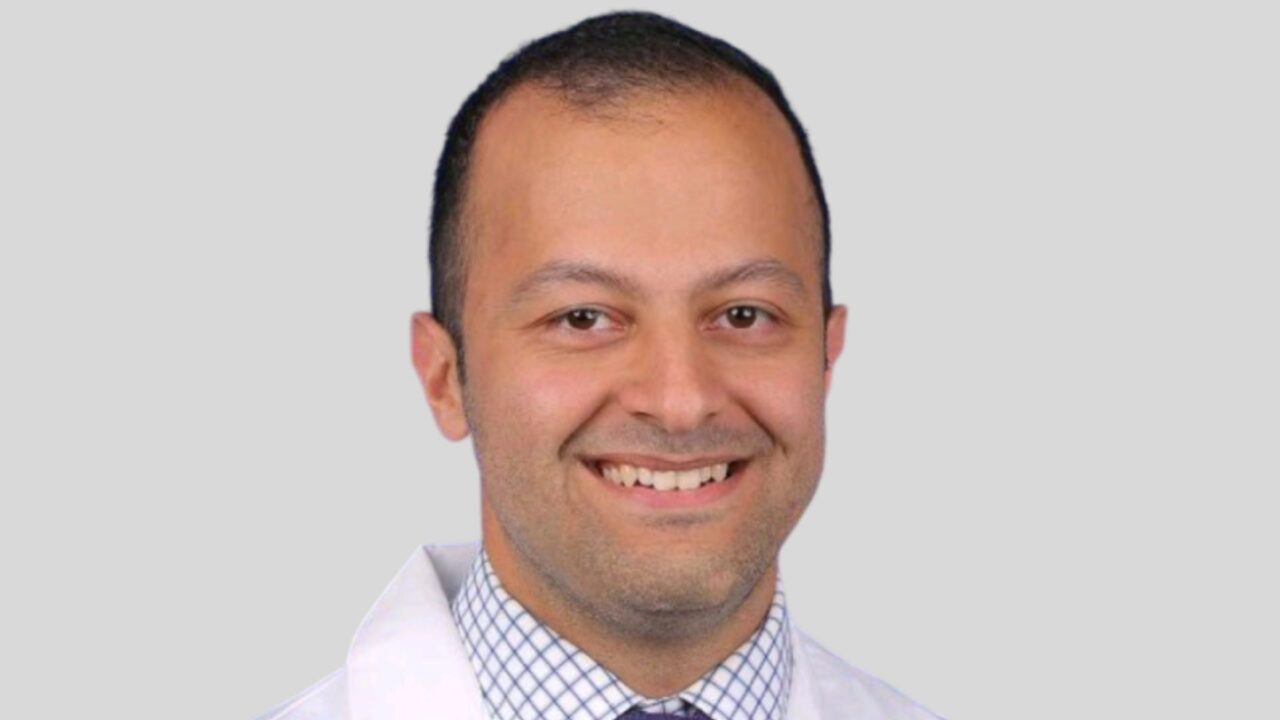
Alireza Mansouri: Being a Surgeon – Reflections on Purpose, Trust, and Dignity
Alireza Mansouri, Associate Professor at Penn State Health, shared a post on X:
“Being a Surgeon: Reflections on Purpose, Trust, and Dignity.
I recently read Atul Gawande’s book ‘Being Mortal’ and it really inspired me to pause and think deeper about what it is we are doing as clinicians and scientists. I have been meaning to put these thoughts on paper for some time, and this gave me the motivation I needed. I will try to put this together in different segments each week.
Segment I: The Knife’s Question
Every day in the operating room, I wield a tool of possibility.
I stand in the operating room’s harsh lights, en route to a tumor that may be benign or a harbinger of more aggression. In the same day I will counsel a patient in clinic on the promise of liquid biopsy trials, enter an emergency bay where families plead for every chance, and later guide a loved one through ICU corridors thick with tubes and alarms. Each setting reminds me that surgery is never just about cutting tissue—it is about weighing hope and risk, immediate relief and long-term burden.
In benign lesions—meningiomas, vestibular schwannomas, pituitary adenomas—surgery alone can offer a cure more definitive than pills or radiation. Yet I pause: just because we can remove every visible cell, should we?
For brain metastases, stereotactic radiation rivals resection in many cases, though excising a large, accessible lesion still delivers the swiftest relief. And in glioblastoma, where cures elude us, maximal safe resection remains the single greatest modifiable factor in survival, giving patients precious weeks or months—time they desperately want.
I know many experts whose work in minimally invasive techniques, frailty assessment, and strategies to minimize toxicity (including financial ones!) has reshaped standards of care. I focus on trials to integrate liquid biopsy into surgical decision-making, hoping to spare patients needless operations when blood and spinal fluid- based markers promise earlier, more precise interventions.
The decision to operate, observe, or combine surgery with radiation is never straightforward. Each choice unfolds in shared decision-making conferences: surgeons, oncologists, patients, and families huddle around scans, listening as I translate jargon into the reality they must face.
Despite these efforts, I wonder whether our patients—or even the public—recognize the subtle shifts in care we’ve wrought. We refine microscopes, streamline recovery pathways, and study quality-of-life outcomes in painstaking detail, yet headlines still scream about ‘miracle surgeries’ or ‘unnecessary risks.’
I write this not to decry progress, but to ask: how do we make visible the everyday calculus of benefit versus burden that guides every incision?
Next week, I’ll explore a different question: if the scalpel embodies our best intentions, why has trust in clinicians and scientists frayed so profoundly since the pandemic?”
More posts featuring Alireza Mansouri on OncoDaily.
-
Challenging the Status Quo in Colorectal Cancer 2024
December 6-8, 2024
-
ESMO 2024 Congress
September 13-17, 2024
-
ASCO Annual Meeting
May 30 - June 4, 2024
-
Yvonne Award 2024
May 31, 2024
-
OncoThon 2024, Online
Feb. 15, 2024
-
Global Summit on War & Cancer 2023, Online
Dec. 14-16, 2023
